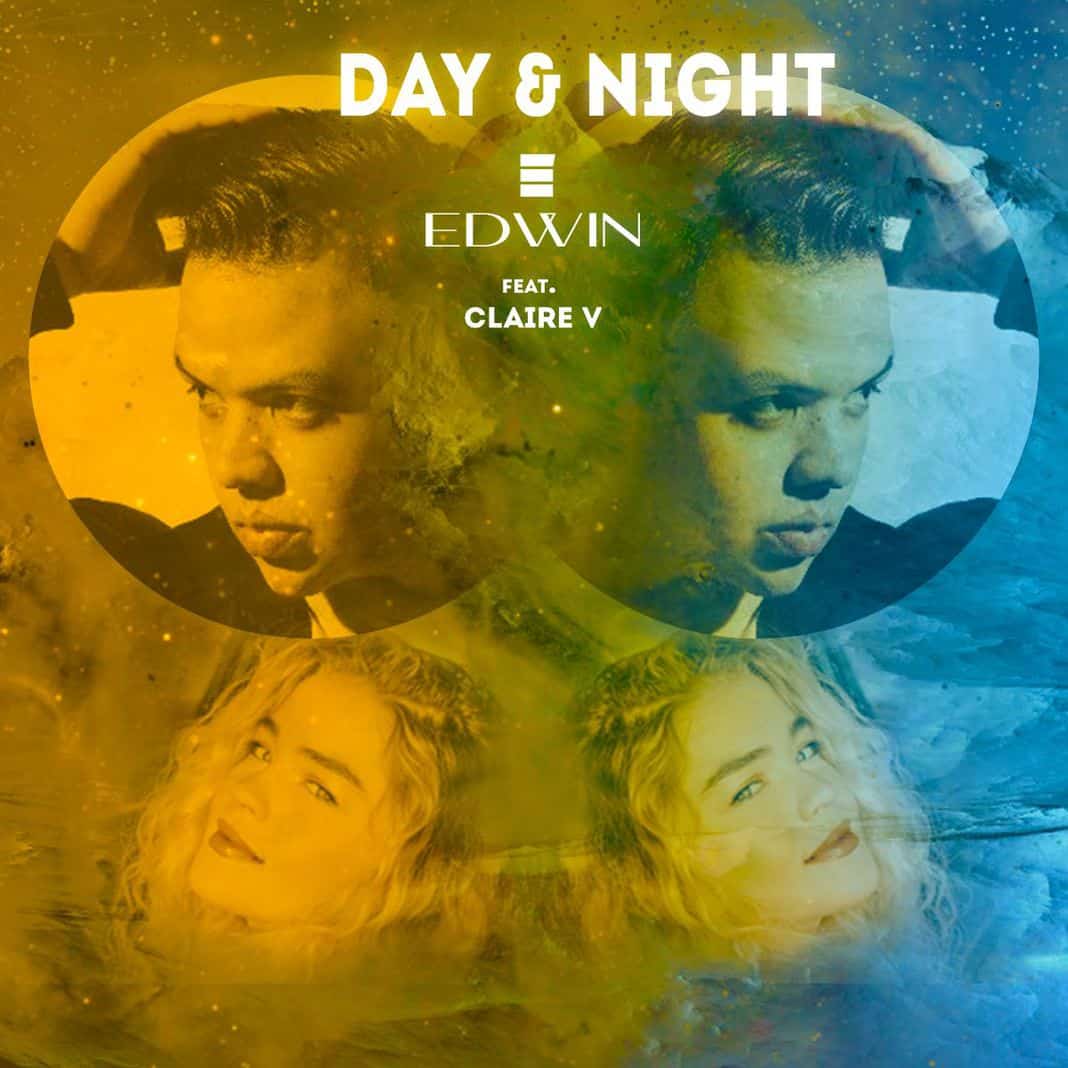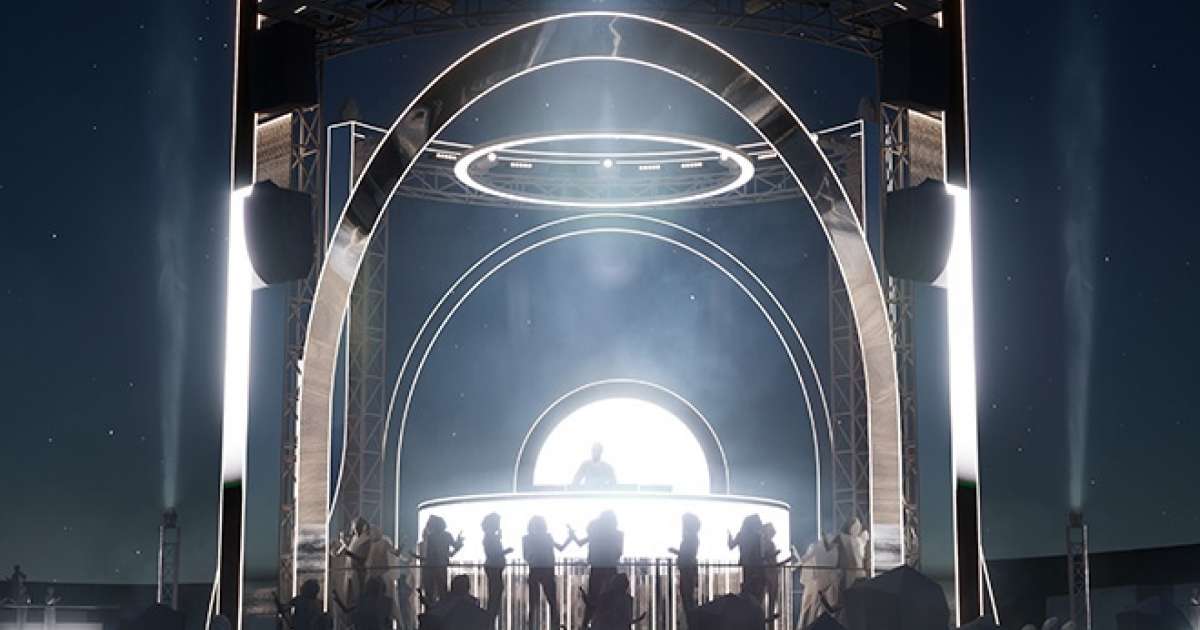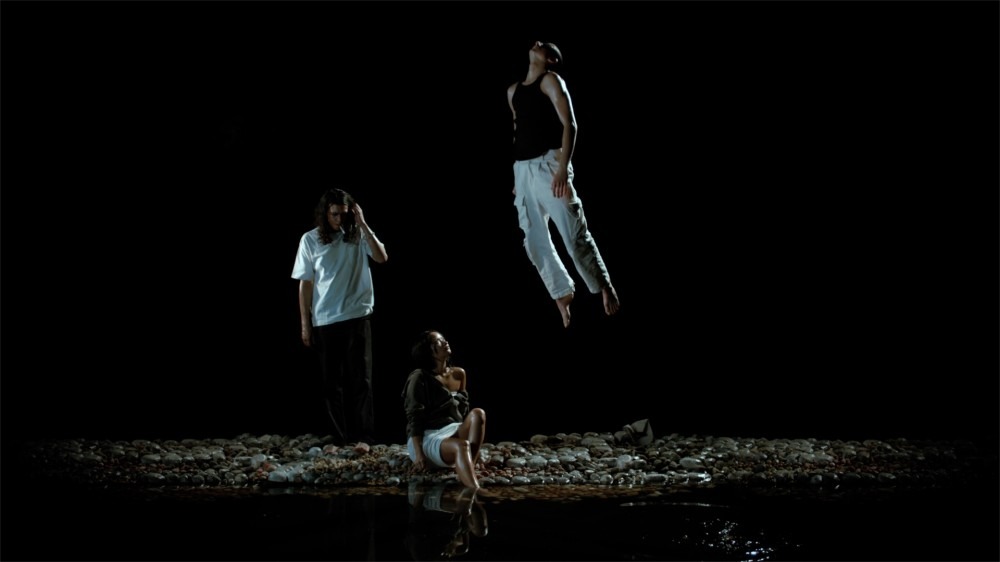
Caterina Barbieri, Ruben Spini and Iacopo Carapelli illuminate ‘Broken Melody’ visual
A co-commission from 180 Studios and Fact.
‘Broken Melody’, the second single from Caterina Barbieri’s new album Spirit Exit, is accompanied by a gorgeous visual from director Iacopo Carapelli and artist Ruben Spini, which sets stunning, slow-motion footage of levitating bodies against Barbieri’s equally transcendent synths and haunting vocals. Picking up the thread of ‘Knot Of Spirit’, a collaboration with “futurist folk” musician Lyra Pramuk and the first release on Barbieri’s recently launched label platform, light-years, ‘Broken Melody’ showcases the composer’s custom modular synth rig, which she developed over the course of the making of Spirit Exit in her home studio in Milan.
Spirit Exit marks the first album Barbieri has written entirely in this studio and was recorded during Milan’s two-month pandemic lockdown in 2020. The follow-up to 2019’s Ecstatic Computation and 2017’s Patterns Of Consciousness sees Barbieri exploring internal worlds, drawing influence from St. Teresa D’Avila’s foundational 16th century mystical text The Interior Castle, philosopher Rosi Braidotti’s posthuman theories and the metaphysical poetry of Emily Dickinson.
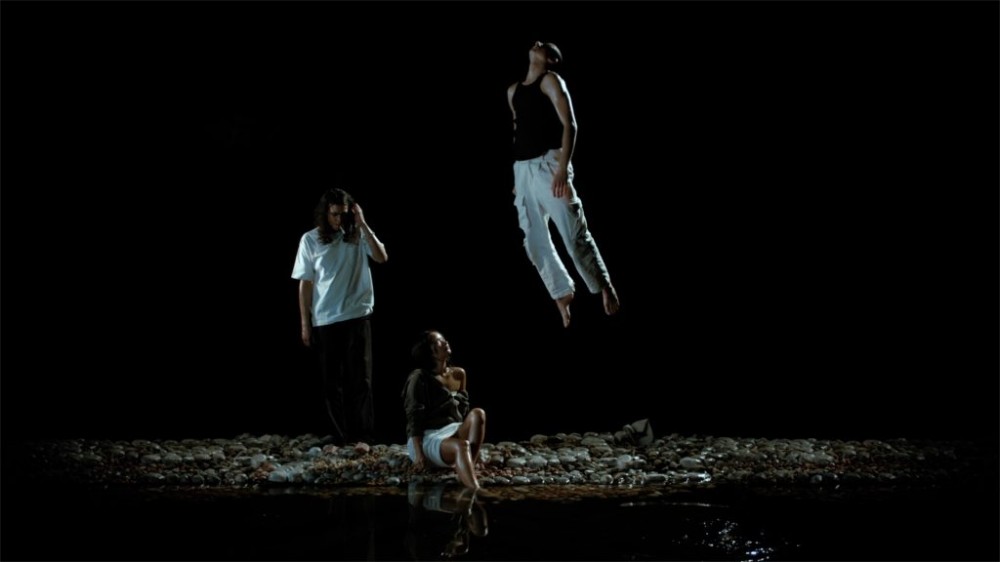
“I composed Broken Melody and most of Spirit Exit during the first lockdown of 2020 in Milan, when Milan was one of the darkest hotspots of the pandemic,” Barbieri says. “During this time of extreme self-isolation, music became for me like a portal to transcend a state of confinement and sensorial deprivation. It was the only way to travel in time and space when movement in the outside world was not possible. During this time, I thought a lot about the spatial dimension of confinement as a strong archetype of the female condition in the past and how it shaped the visionary, mystical vein of female thought. Female poets, artists, mystics were often living segregated lives – observing the world from a window, a gate, a filter. As they couldn’t freely move in the outside world, they were often redirecting their own energy towards the inner world, thus cultivating a cosmogonic modality of thought. The friction between the constriction of their physical lives and the cosmic freedom of the inner world and power of the mind is at the very root of visionary female thinking. It’s pioneering, feminist sci-fi. It’s the “interior castle” of Santa Teresa D’Avila. It’s Emily Dickinson’s “The Brain – is wider than the Sky (…) The Brain – is deeper than the Sea”.”
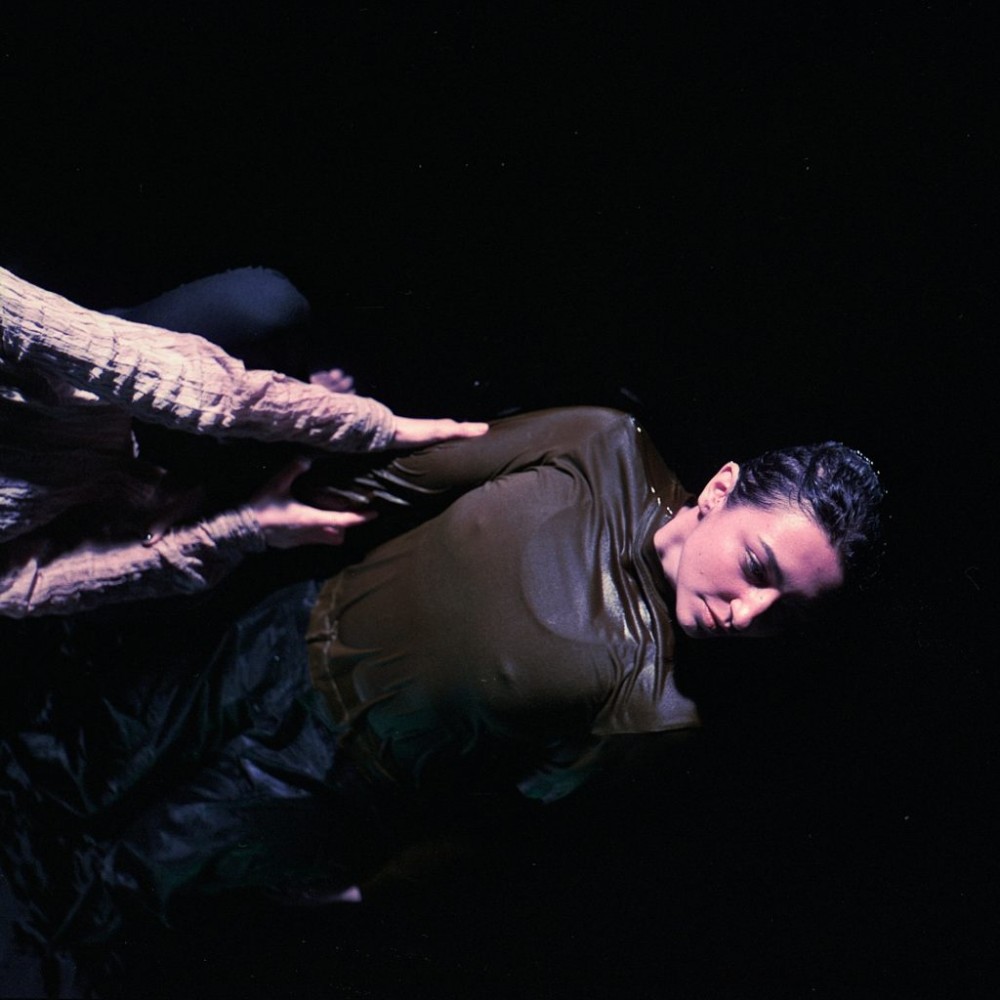
Elements of the footage taken for the ‘Broken Melody’ visual feature as part of ‘Vigil’, a multimedia installation from Caterina Barbieri and frequent collaborator Ruben Spini, newly commissioned by 180 Studios, which is now on display as part of Future Shock, a major exhibition of 14 leading international artists and collectives working at the cutting-edge of audiovisual technology.
“The video for Broken Melody explores some of the themes of the song: love, loss, empathy and melancholy on a ghost planet. There is a dystopian vibe but there is also a weird sense of romance connected to it, like a love song to the end of the world,” says Barbieri. “The video takes inspiration from the iconography of female subjects represented in ambiguous sensorial states, suspended between contemplation and death, ecstasy and annihilation. Slow-motion imagery of solitary figures in uncanny, desolate landscapes depicts a series of tableaux vivants infused with magic realism and melancholia.”
“Unlike anything else, music can channel the complex, beautiful spectrum of feelings that natural landscapes evoke in humans. In our audio-visual collaborations, Ruben and I have often used sound and vision to explore that spiritual, ecstatic connection to nature – a type of experience becoming more and more rare in late capitalism.”
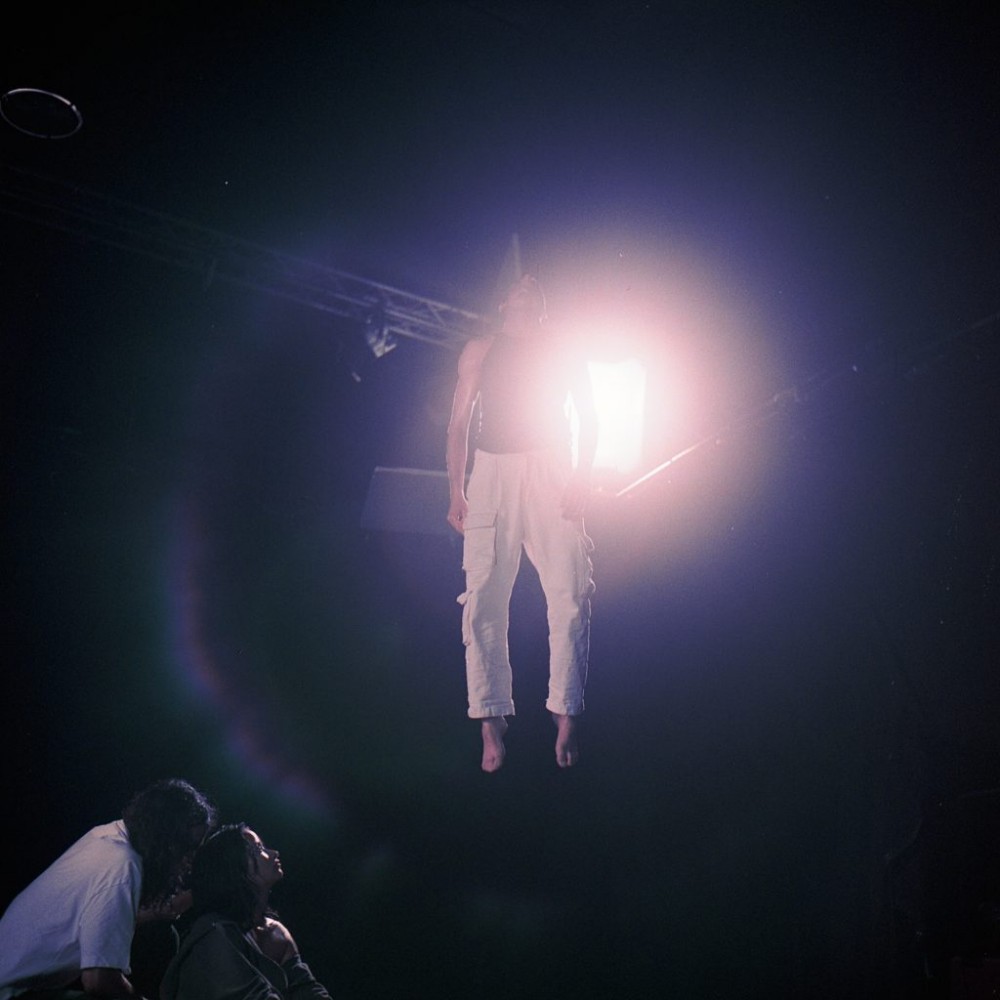
“In our previous collaborations, Caterina has always been framed as a central subject, acting as the gravitational pole around which her melodies, my imagery, and ultimately the attention of the public orbit together,” Spini says. “It is a delicate balance capable of creating a rather unique connection between her own performance and our perception: once this channel is opened, we experience the same vibrant feelings that orient her practice, through rapture and catharsis.”
“With the ‘Broken Melody’ video we wanted to explore similar depths of emotion, though this time by evoking them through multiple subjects and points of view. The natural scenery acts again as a counterpoint to the characters’ feelings, and even though the circumstances of their stories are barely hinted at, we relate to their fierce universality. In a sense, they represent our collective memories, desires of escape and love, experiences of loss, ghosts of our past and our future.”
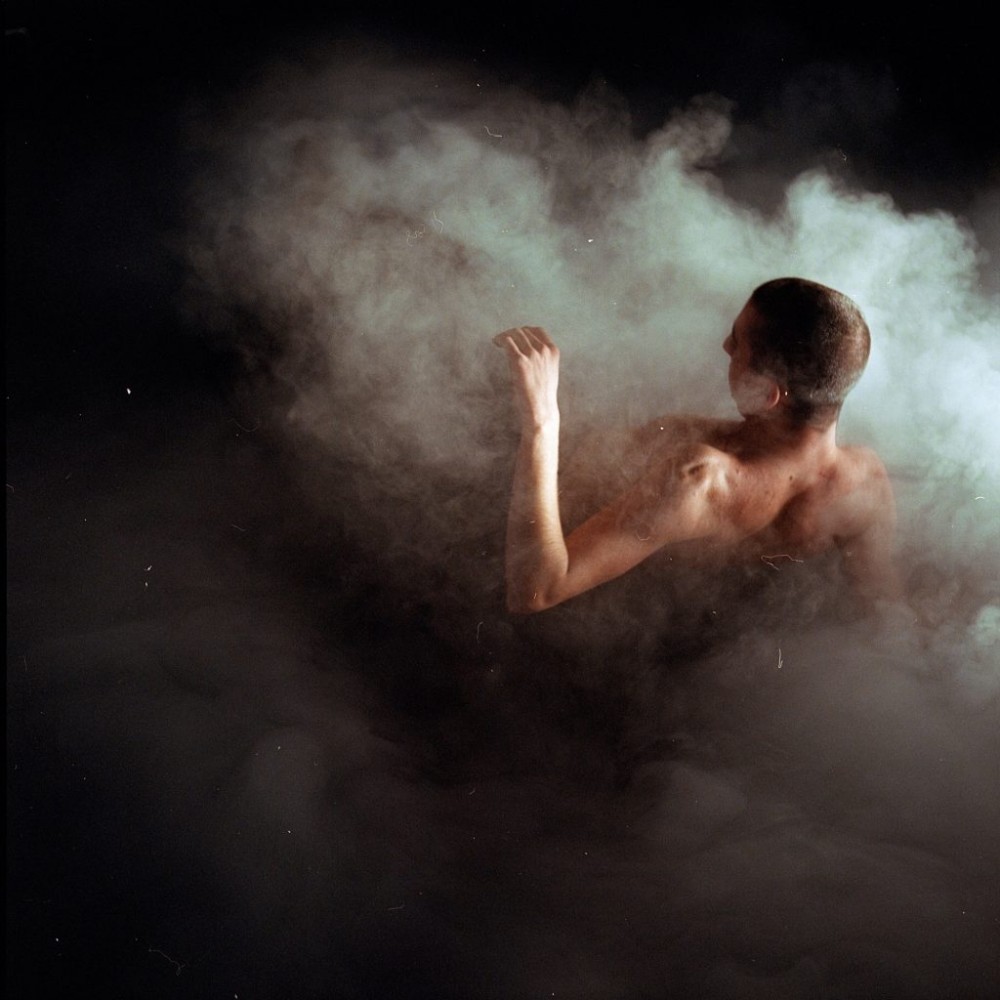
“As for the interpretation of the sound and the words of the lyrics, I anchored myself precisely to the feeling of the concept, trying to emphasise the contrast between stasis and inner movement, between abandonment and ecstasy,” says director Iacopo Carapelli. “Together with the director of photography (Giuseppe Favale) we pushed hard to use super slow motion. Even if it is not easy to create rhythm with this technique, we were sure it was the right interpretation for the nature of the sounds.”
“Shooting with this kind of gear is not easy, you need a massive quantity of lights to give just a smooth glimpse of light on the subject. We shot all the tableau vivants in a black theatre with some scenographic elements, sometimes extended with the help of post-production. The piece has many musical layers and it was not easy to interpret one in particular.”
“The piece has many musical layers and it was not easy to interpret one in particular. Sometimes, like in the flying boy scene, the editing slows down a lot but the scene stays in time with the synth’s entry. In other cases, however, like the girl who rises from her ashes, the montage breaks the clip in rhythm with the notes of the bass.”
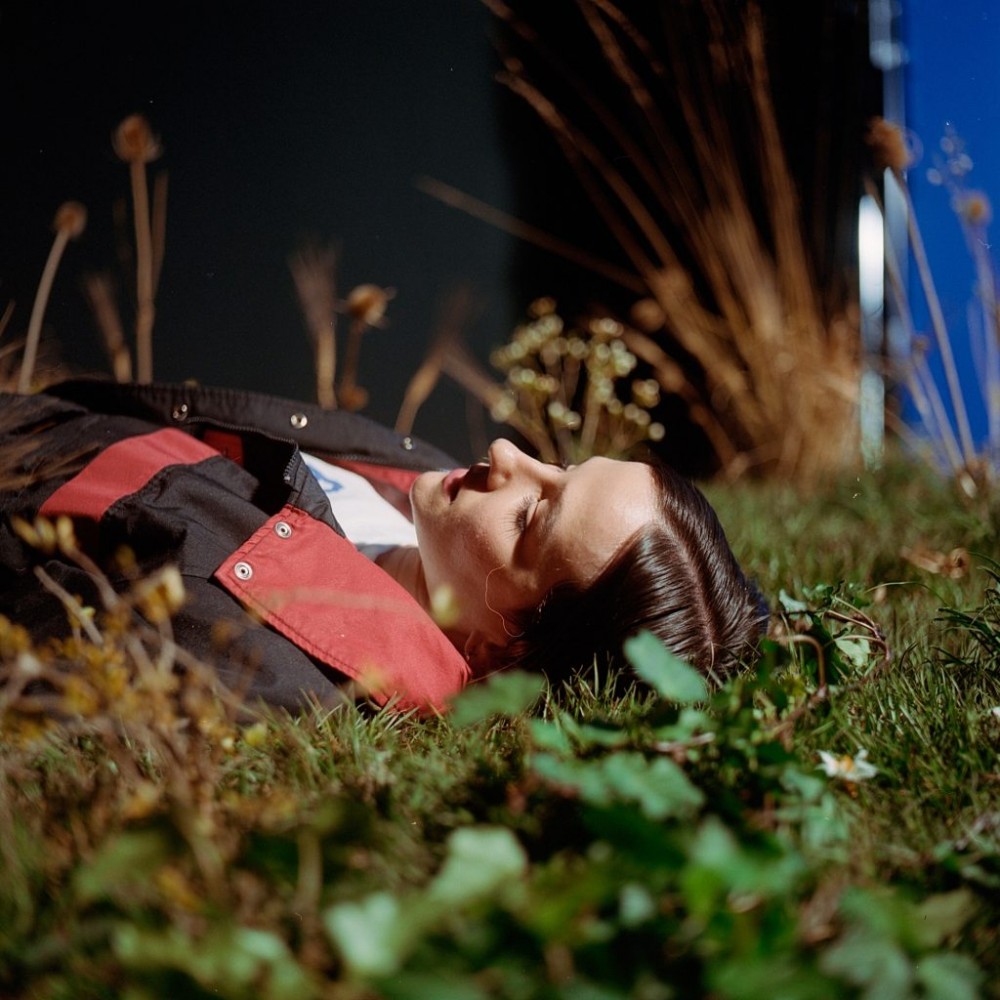
Barbieri and Spini’s installation at Future Shock, titled Vigil, features the Broken Melody video playing on one side of the space, with another video work present behind a slowly melting ice sculpture. “In the exhibition is a landscape scene, portrayed by the circular LED wall as if it was seen through a telescope lens,” Spini says. “The sun is shown low over the horizon, but it never changes its position – it is therefore a matter of interpretation whether to consider it a sunset or a sunrise. In this dimly lit room where the passage of time is employed as a narrative device I wanted to leave both possibilities open: a coming day, a falling night. With the deeper feeling that, until we won’t leave this place of withdrawal, the stasis won’t be broken.”
“A similar loss of reference points happens at the spatial level, in the ogive landscape that morphs continuously below the paralysed sun. As it’s often true for my video works, it is close in concept to what 18th century painters defined as “capriccio”: a believable scene with no unique real-life reference, created by the juxtaposition and layering of different settings. It’s a portrait of the outside world, but has no specific subject. Again, it mostly acts as the representation of a possibility.”
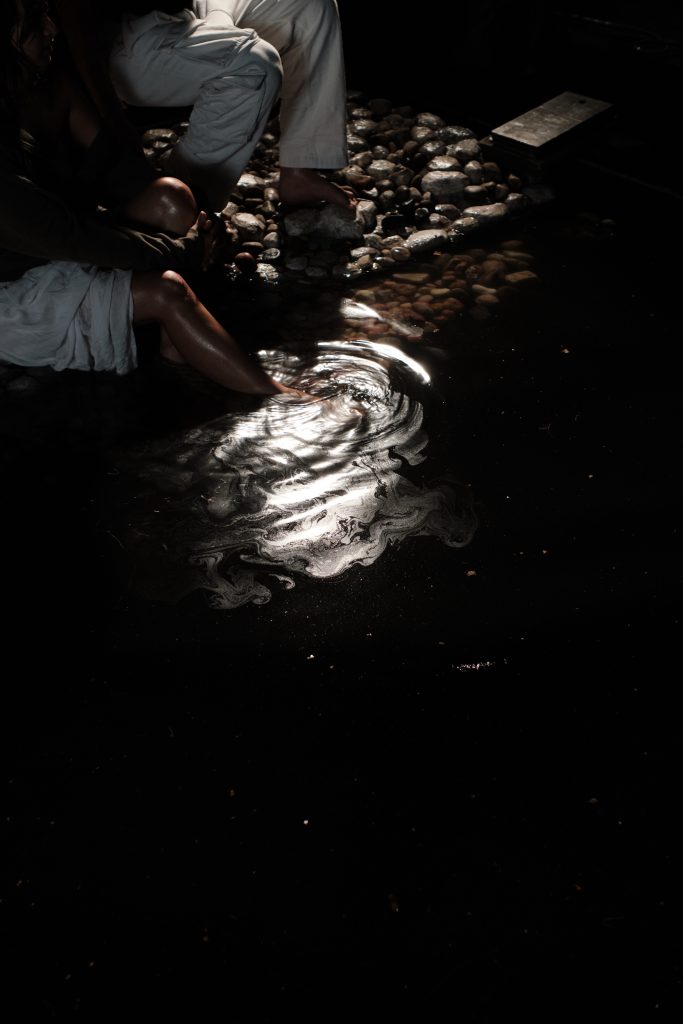
Future Shock, which runs until 28 August 2022, transforms 180 Studios’ subterranean spaces through mesmerising and pioneering digital technology – from generative and interactive algorithms, AI and 3-D digital mapping, to spellbinding laser work, holographic projections and ground-breaking electronic music. Tickets are on sale now via the 180 The Strand website.
‘Broken Melody’ is out now and is taken from Caterina Barbieri’s album Spirit Exit, which is available now. You can find Caterina Barbieri on Instagram.
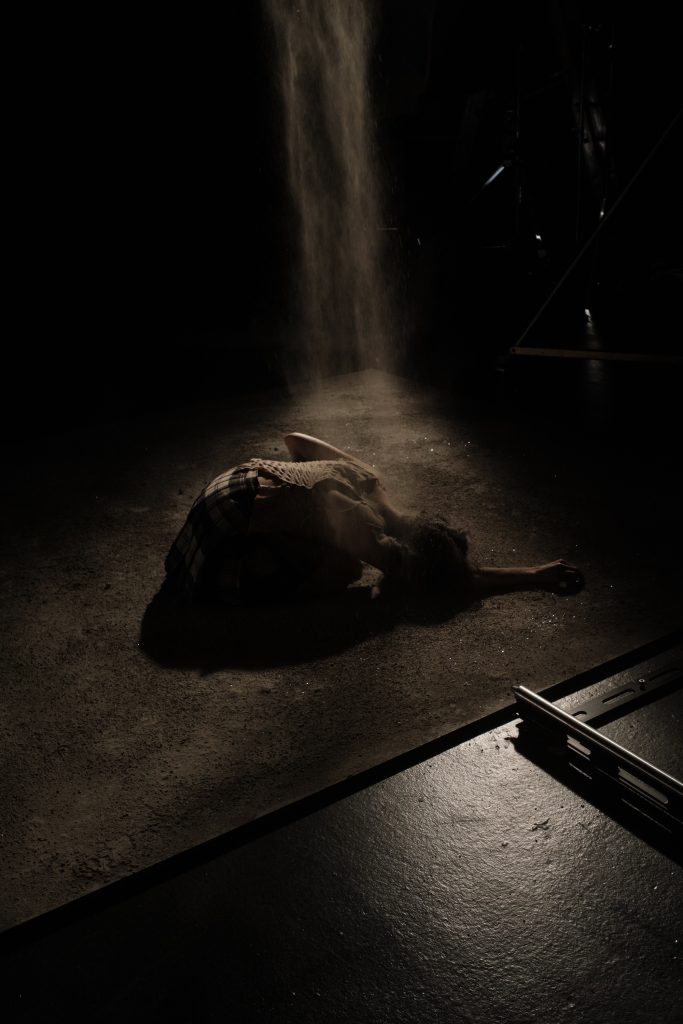
‘Broken Melody’ Credits:
Artist – Caterina Barbieri
Label – light-years
Concept & Art Direction – Caterina Barbieri & Ruben Spini
Director – Iacopo Carapelli
DoP – Giuseppe Favale
Editor – Iacopo Carapelli & Elena Petitti di Roreto
Colorist – Orash Rahnema
Post production – DEEPICE, Mauro Moretti, Roberto D’Ippolito
Titles – Nicola Tirabasso
Produced by C41
Executive Producer – Barbara Guieu
Production Manager – Maria Borgognoni
Assistant Producer – Lorenzo Poloni
Co-Produced – Blackball
Co-commissioned by 180 Studios and Fact Magazine
Scenography – Fabrizio D’arpino
Assistant Scenography – Elena Strafella
Prop Master – Gianfranco Parmigiani
Movement Director – Elisa Zuppini
MUA – Greta Giannone
Characters: Inga Lavarini, Federica Nicastro, Omar Jaimes, Costanza Candeloro, Filippo Beccati, Joselin Solange Morales, Giulia Fossati, Gabriele Gangi, Elisa Zuppini
Phantom Operator – Claudio Fusini
1st AC – Paolo Gobbi
2nd AC – Davide Bongiorni
Stage AC – Riccardo Lorenzi
Gaffer – Francesco Galli
Elettricista – Fabio Proserpio, Marco Marangoni n
Key Grip – Riccardo Villella
Grip – Alessio Zecchinello, Fabio Macchi
Rigger – Luca Fachini, Enrico Comeo
Drone – Turbostudio
Drone Operator – Rocco Diddio


